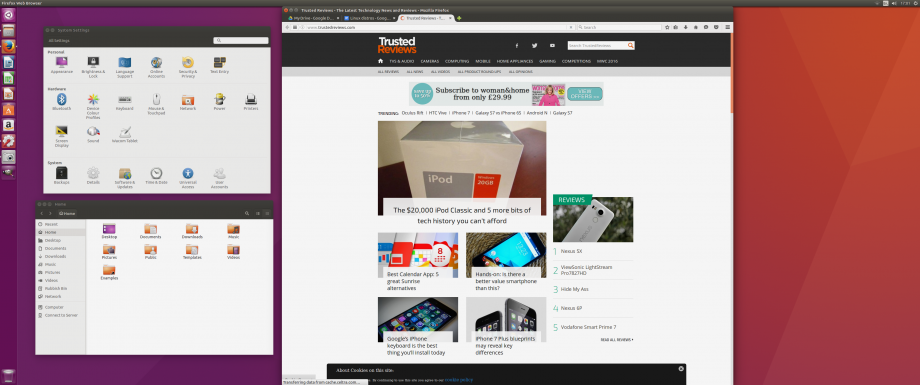Linux users warned over serious vulnerability affecting many versions

A serious Linux bug that affects many versions of the platform is being exploited by hackers in the wild, according to security experts.
The bug has been present for at least nine years, and despite not allowing remote code execution without further exploits, it’s being taken seriously as it’s present in the Linux kernel at the heart of many forks of Linux. A researcher from Azimuth Security told Ars Technica that there’s also evidence that the vulnerability has been targetted by hackers in the past, and described it as “probably the most serious Linux local privilege escalation ever”.
Indeed, another Linux developer said that it took less than five seconds to execute a privilege escalation command, which could allow access to parts of the system that are usually read-only and the further compromising of systems.
In simple terms, if a malicious user can view a file, they can also write to it, security expert Graham Cluely explained. It’s known as the ‘Dirty Cow’ bug as the vulnerability occurs in a condition called ‘copy on write’.
The good news is that the vulnerability has now finally been fixed, but vendors of Linux forks will still need to incorporate the updates. Specific information has been posted for Ubuntu, Debian and Red Hat admins.
There’s even a website dedicated to it, should you need more information.
Related: Best Linux Distro: Linux for old laptops, privacy and USB sticks
Watch: Meizu Pro 5 Ubuntu Edition hands on
Are you affected by this Linux vulnerability or do you think it’s nothing to worry about? Let us know below!

